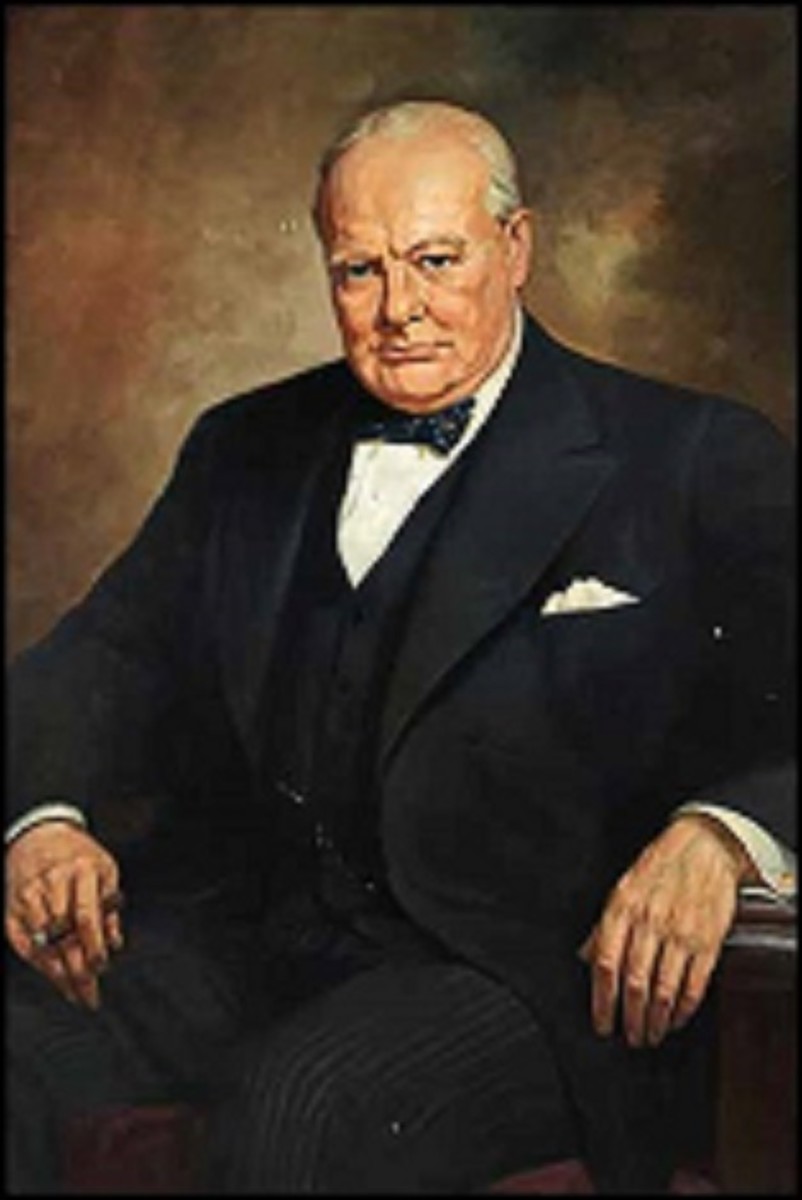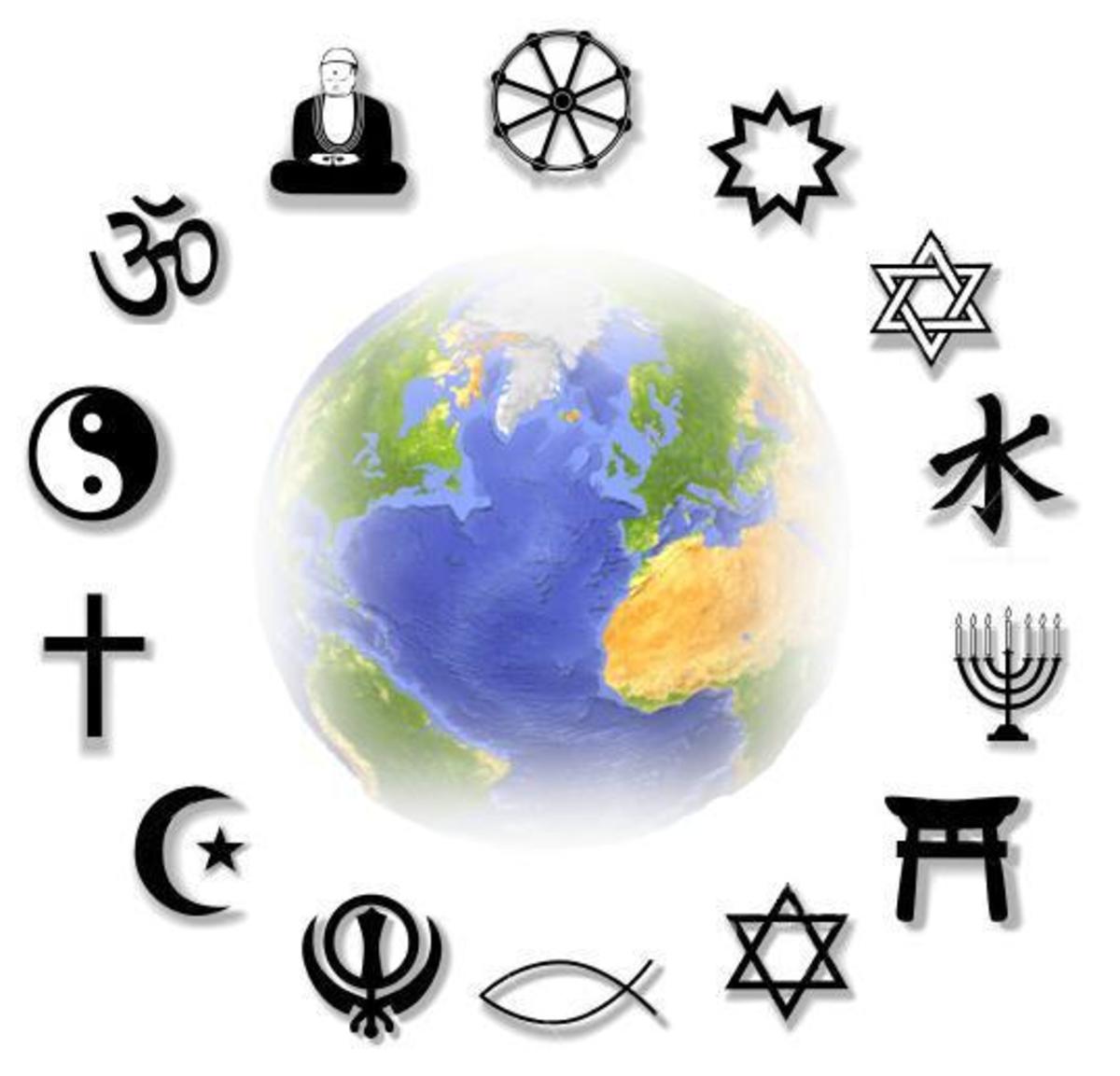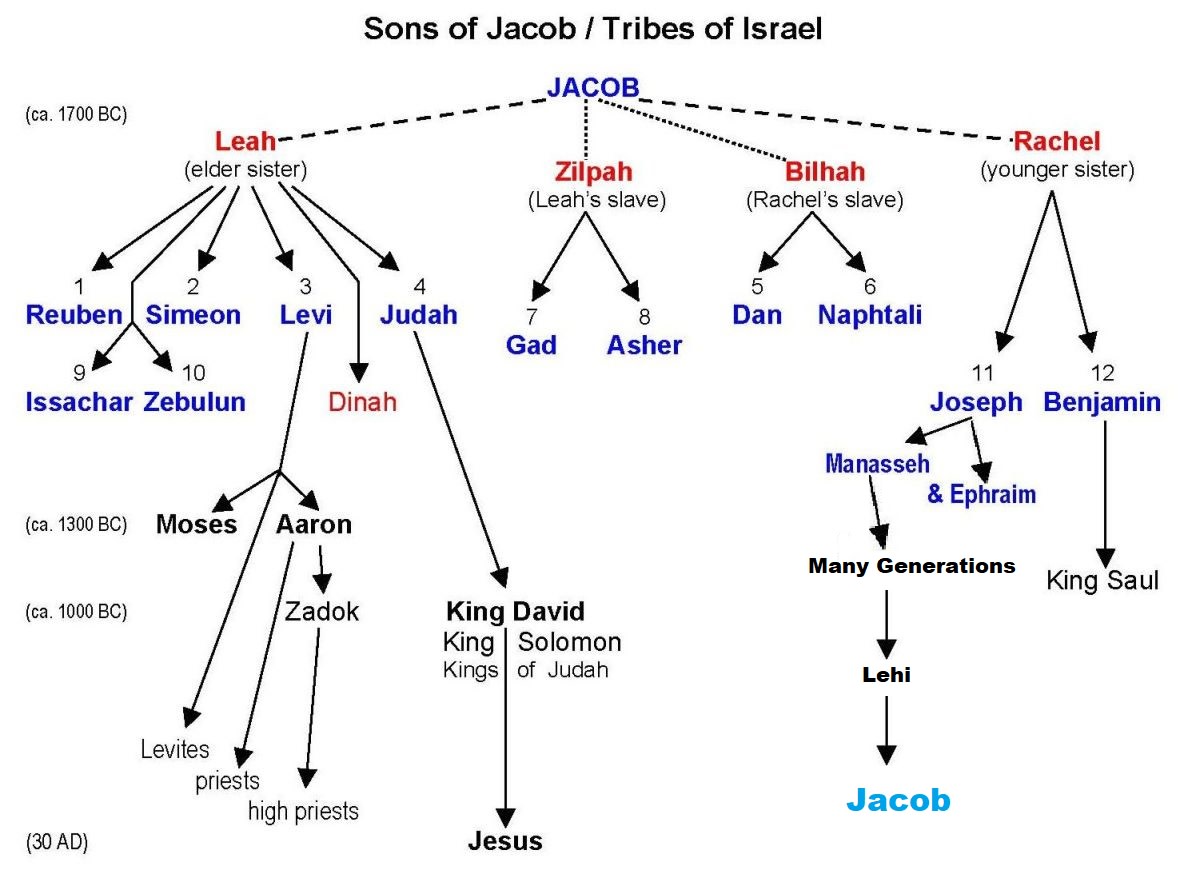Owning the Name of Christ: Restoring Christian Unity in a Divided World

The Problem of Division and the Call to Repentance
The cause is just, and unity prevails when we are in the throes of an election, and we need to unite to gain the day. When the celebrations from winning the day—the election—are over, once filial associations turn into old rivalries and prejudices. It is a sad occurrence, yet it happens in modern society. Instead of sowing seeds of trust and oneness, we devolve into bickering and blame. The agency of the human heart allows for an almost infinite scope of possibility, even discord and chaos. Through repentance—change—we can overcome the natural man that toys with chaos and yield to the spiritual man of order and obedience—not blind faith, but 20/20 faith. Trust in God, who knows all things.
And the remission of sins bringeth meekness, and lowliness of heart; and because of meekness and lowliness of heart cometh the visitation of the Holy Ghost, which Comforter filleth with hope and perfect love, which love endureth by diligence unto prayer, until the end shall come, when all the saints shall dwell with God.
— Mormon (Moroni 8:26)Faith, Identity, and the Struggle for Recognition
The Christian Right welcomes my people—or at least stays quiet long enough to gain our support before they start “other-fying” us. My people are Latter-day Saints, often referred to as Mormons. We are over seventeen million strong around the world and tend to be conservative in our views of political things—most things. We are “Christian” until a certain segment of Christianity, that refuses to accept us as such, speaks about the “real” Jesus. The “real” Jesus is only worshiped by this segment of Christianity and others whom they deem to be “Christian enough” to fall under the umbrella of orthodoxy.
To identify with this exclusive segment of Christianity, many Latter-day Saints—including myself—have been tempted to deny part of our spiritual heritage. In my haste to share the message of Jesus Christ, I sometimes mute how I came to find Him. Ultimately, teaching that Jesus Christ suffered and overcame sin so that we can repent, and died to overcome death through resurrection so that we will too, transcends my identity needs. The unadulterated truth of how I came to Jesus Christ involves a book written solely for the purpose of “convincing of the Jew and Gentile that Jesus is the Christ, the Eternal God, manifesting Himself unto all nations.”
And we talk of Christ, we rejoice in Christ, we preach of Christ, we prophesy of Christ, and we write according to our prophecies, that our children may know to what source they may look for a remission of their sins.
— Nephi (2 Nephi 25:26)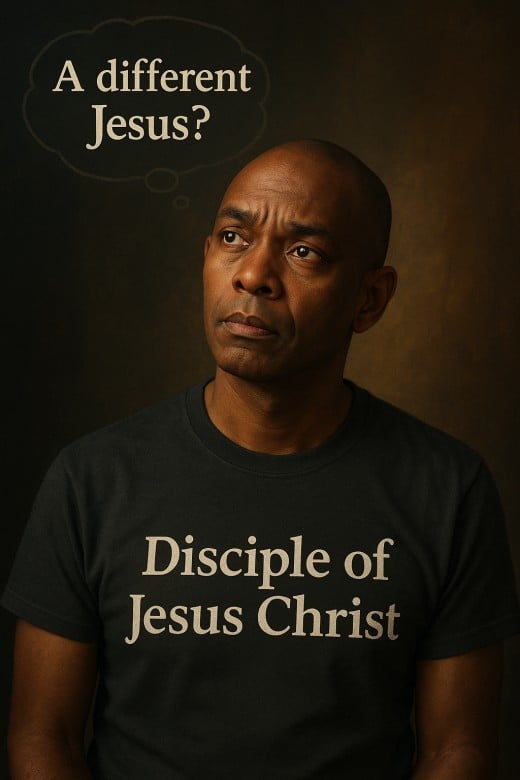
The Book of Mormon and the “Other-Fication” of Belief
Most Christians do not see The Book of Mormon: Another Testament of Jesus Christ as anything of significance. Many assume it is simply another translation of the Bible if they are not familiar with it. Some consider our Church, The Church of Jesus Christ of Latter-day Saints, a cult because we use The Book of Mormon—they call us Mormons.
We even called ourselves Mormons for years, trying to own the term and build an identity around it. Yet this, too, has “other-fied” us. I am not a Mormon, though Mormon was a prophet of God, and his name is said to mean good man. I am a disciple of Jesus Christ, whose chief action is to repent of my sins until I become like He is—to change.
The Divine Invitation to Change
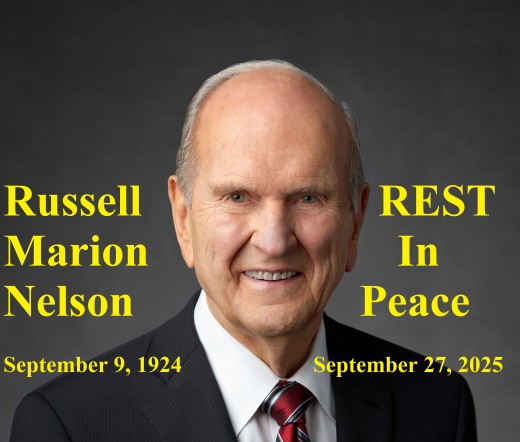
As the late President Russell M. Nelson, a modern prophet of God, has taught:
“When Jesus asks you and me to ‘repent,’ He is inviting us to change our mind, our knowledge, our spirit—even the way we breathe. He is asking us to change the way we love, think, serve, spend our time, treat our wives, teach our children, and even care for our bodies.” [1]
How will I manifest this change in this environment of strife?
Owning the Name of Christian
“Christian” was a term the Greeks used to mock those who followed Jesus. In the beginning, Christian was not a compliment but a mockery. In Antioch, as Acts 11:26 records, “the disciples were called Christians first”—not because they chose the word, but because outsiders used it to set them apart, to other-fy them.
What the world meant for scorn, the servants of God transformed into an identity. Heavenly Father did not command the early Saints to take that name; they were known as disciples, saints, and the children of Christ. Yet, by their own acceptance, Christian became a cry of loyalty to Jesus as the Savior of mankind.
Many men and women were tortured and killed carrying that name, and still they glorified God, fulfilling Peter’s words: “If any man suffer as a Christian, let him not be ashamed; but let him glorify God on this behalf” (1 Peter 4:16).
We have owned it. In the very name Christian is found Christ. Christ means “the Anointed One.” Jesus, the Anointed One. Those who follow Him are Anointed-One followers; therefore, they become anointed ones themselves.
Separated by nearly two millennia of degrees, the original derisive appellation of Christian now fulfills its purpose—to point people toward Christ as followers of Jesus claim by that name to be His people. If His people, His love must, and does for many, abound in word and deed.
In memory of our God, our religion, and freedom, and our peace, our wives, and our children.
— Captain MoroniMisunderstanding, Persecution, and Perseverance
It troubles me personally when other Christians refuse to consider Latter-day Saints Christians. It feels to me as if I have been lied on, borne false witness against by someone who I thought was a friend. We share love toward Christ, but my love is considered for a “different Christ,” which is another way to suggest that it may be Satan instead whom I follow.
As my Master would instruct me, I will not allow the words of some Christians to turn me against other Christians. That is sin—something that requires repentance, change—so that the guilty can measure up to Jesus’s expectations of His people.
Why “Mormon” Conceals Christ
Mormon is a term of derision that people used referring to Latter-day Saints because we believe The Book of Mormon is also the word of God. It means good, but it is not evident to the world that those of us called by that name are disciples of Jesus Christ.
At least with the name Christian, it advertises to the world whom followers revere. Mormon does not readily express the discipleship to Jesus of those called by this man’s name. It conceals it behind an ethnic veil of otherness.
Mormon is the cultural name adapted by enemies of the Lord’s chosen people in the latter days to distract from the message of the Restored Gospel. That message is this: Jesus is resurrected and has reestablished His official Church before His Second Coming.
If the claims that The Church of Jesus Christ of Latter-day Saints makes are true, they destroy the creeds of Christianity—a threat to the cultural power dynamic expressed in Western religious society today. This same thing occurred when Jesus first began preaching His gospel of peace among the people of Israel. It destroyed the cultural and religious context of the sects of Judea—or so they thought.
They persecuted and killed Jesus for that. The enemies of Christ then tortured and killed those who accepted His glad message of hope, forgiveness, and eternal life to snuff it out. Over two billion people alive today attest that they failed. The same is true for modern-day Israel—or Latter-day Saints. We cannot be snuffed out because we trust in the power of God to deliver us from the fiery darts of the devil, and He does deliver.
The Eternal Restoration of Unity
When we put differences aside and work with what we have in common—the teachings of Jesus Christ—we create stable, happy communities. The human family has a moral code that weaves through most religions—encouraging us to support decency and respect despite our differences. Just because a religion may seem, on the surface, to be un-Christian—Islam, Judaism, Hinduism, and such—does not mean that the teachings of Christ cannot be found in some of their doctrines.
The moral rhythm shared across faiths is not proof that Christianity borrowed from older religions, but rather that all humanity inherited fragments of the same divine instruction given to Adam’s children. Long before any people were called “Christian,” men and women were taught to be disciples of Jesus Christ. Over time, as truth fractured and memory dimmed, those teachings splintered into faiths that yet retain glimmers of the original light.
What we call religion today are the remnants of that first covenant—echoes of a gospel once whole, now scattered among the nations.
This is what The Church of Jesus Christ of Latter-day Saints calls the Restoration—not only of the Church that Jesus Christ organized during His mortal ministry, but of that original doctrinal order established with Adam and Eve in the beginning by Jehovah, the coming Messiah. Through modern revelation, the scattered truths of antiquity are being gathered again into one fold and one faith, as they were when the world was young.
The devil has tried daily since the beginning of the War in Heaven to divide humanity. Jesus is coming soon. We will be one with Him in our faith. When He returns, He will use His millennial reign to reunite the residue of humanity into one faith—the Gospel of Jesus Christ.
Through repentance—change—we can overcome the natural man that toys with chaos and yield to the spiritual man of order and obedience—not blind faith, but 20/20 faith.

The True Identity of God’s Children
The most important identity is our connection to God—being His sons and daughters. This is a distinction all humanity shares, no matter the belief system. The next identity is our connection to Jesus Christ through covenant, beginning with baptism—something all humans will have the chance to receive, now or during the Millennial reign of Jesus.
The third most important identity is being a disciple of Jesus Christ—how we live our lives as witnesses of our covenant relationship with Him and the Father.
This convention of identity is one that President Russell M. Nelson articulated: Child of God, Child of the Covenant, and disciple of Jesus Christ.
Ancient Disciples Who Bore the Name of Christ
“Christian” was a term first used by the Greeks to mock those who followed Jesus during the Meridian of Time—Christ’s mortal ministry. Yet it was also used a century earlier, in the ancient Americas, to describe the Saints who believed in His name before His birth. The prophet and military leader Moroni, mourning the turmoil within his nation, tore his garment or coat and hoisted up what he called the Title of Liberty.
“In memory of our God, our religion, and freedom, and our peace, our wives, and our children.”
And he fastened it upon the end of a pole and bowed himself to the earth, praying mightily unto his God for liberty to rest upon his brethren,
“…so long as there should a band of Christians remain to possess the land.”
For thus were all the true believers in Christ called by those who did not belong to His Church.
“Yea, all those who were true believers in Christ took upon them, gladly, the name of Christ—or Christians, as they were called—because of their belief in Christ who should come. And therefore, at this time, Moroni prayed that the cause of the Christians, and the freedom of the land, might be favored.”
— Alma 46:12–16 (condensed)
Like Captain Moroni from The Book of Mormon, we have owned "Christian" as a blessing instead of an epithet. Look at our fruit to determine if we belong to Christ. By our fruit, we will be known.
References
[1] Nelson, R. M. (2019, April). We can do better and be better. The Church of Jesus Christ of Latter-day Saints. https://www.churchofjesuschrist.org/study/general-conference/2019/04/we-can-do-better-and-be-better
This content is accurate and true to the best of the author’s knowledge and is not meant to substitute for formal and individualized advice from a qualified professional.
© 2025 Rodric Anthony Johnson





